Startups can benefit from a virtual data space (VDR) to speed up the fundraising process by providing potential investors with the information they require. This can include detailed revenue projections, IP ownership documentation, and detailed financial records. This information, when combined with a pitch, could help potential investors decide whether or whether to invest in a business.
It's important to remember that despite the speed of access that VDRs allow, VDR provides due diligence shouldn't be rushed. Founders should make the effort to label and organize their files and hop over to this website folders. They should also employ consistent metadata and names when uploading. They should also ensure to group related documents together for each project or deal that allows users to swiftly locate the information they require. It is also important to limit the amount of information that is accessible and to update the data room frequently to reflect any changes or new documents. Financial statements or contracts that are not up-to-date or outdated may be confusing to prospective investors and partners.
Finally, founders shouldn't share specific metrics when they create their VDR presentation. When sharing engagement or retention data, for example, it is important to include all metrics, not just the most promising ones. This practice can actually distract from the message you're trying convey and could suggest that you don't have complete understanding of your data. Instead, share the data that is most important to your target audience. This will keep your viewers interested and help them better understand your data and their implications.
